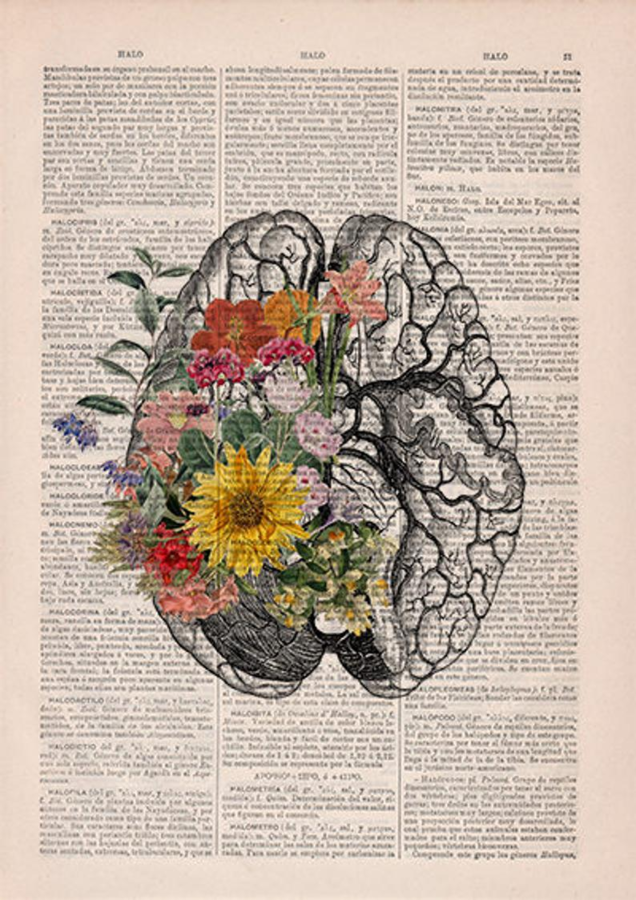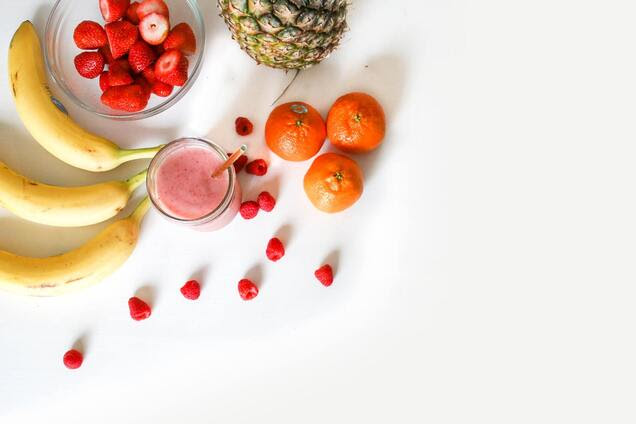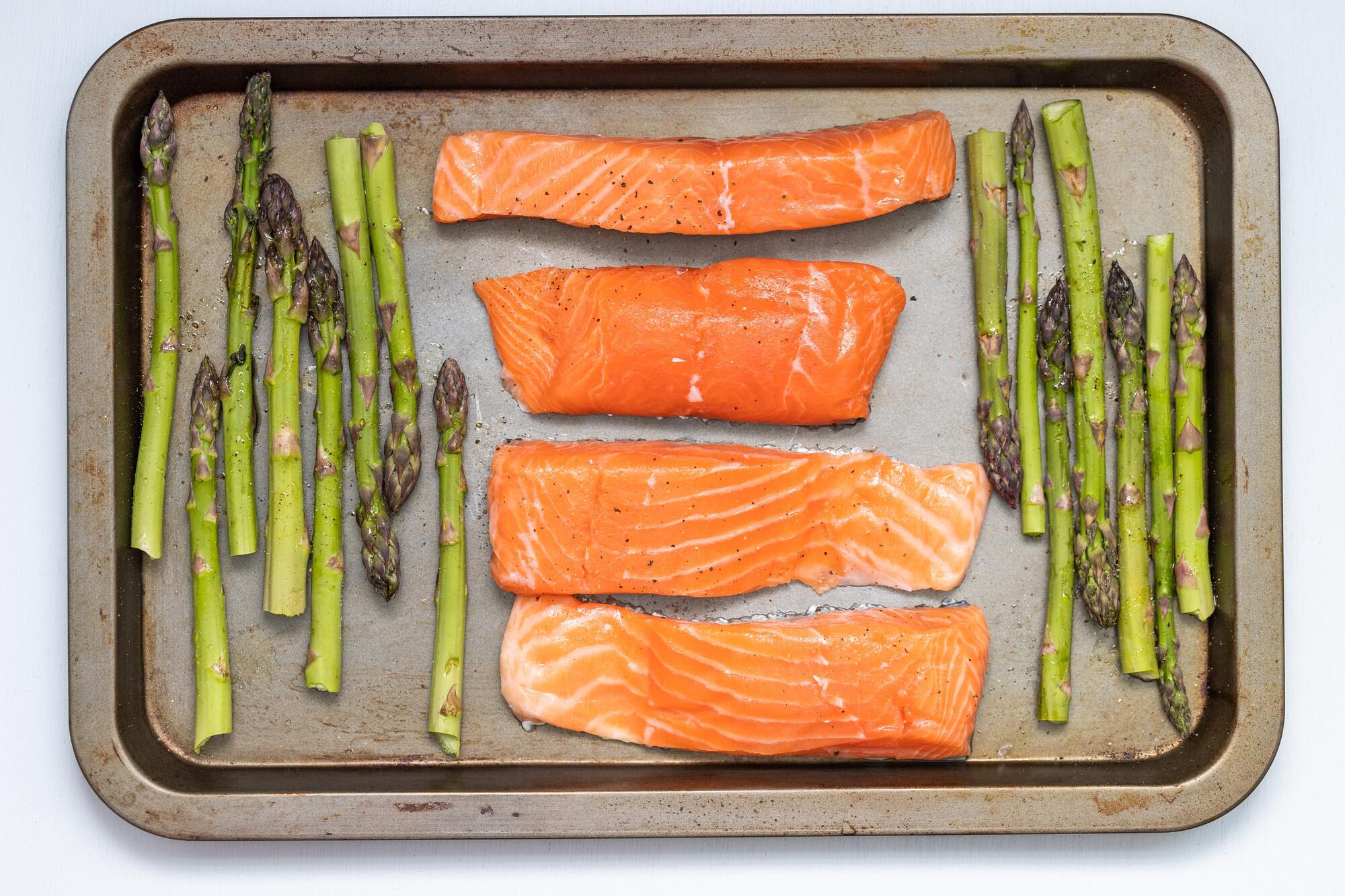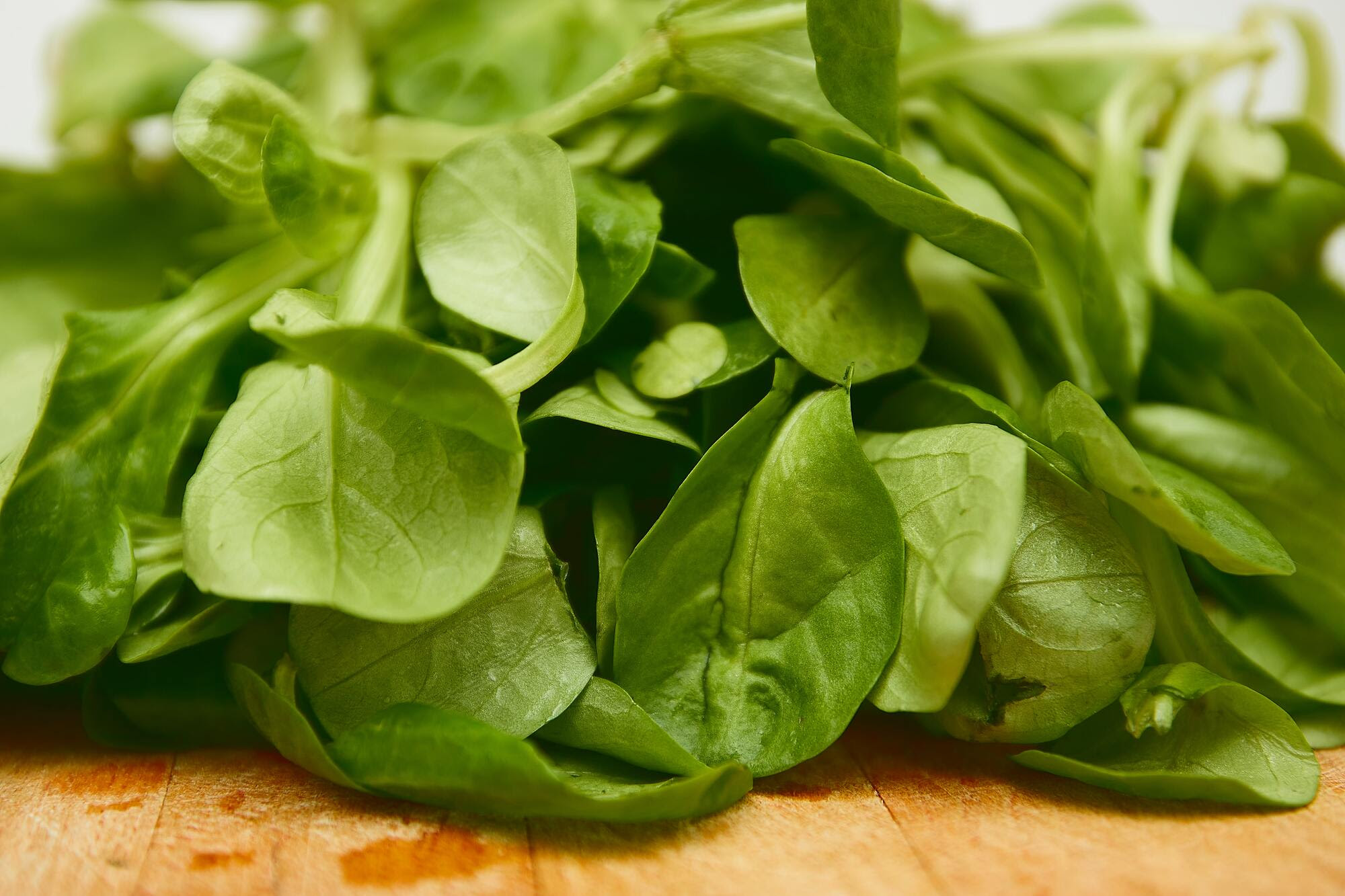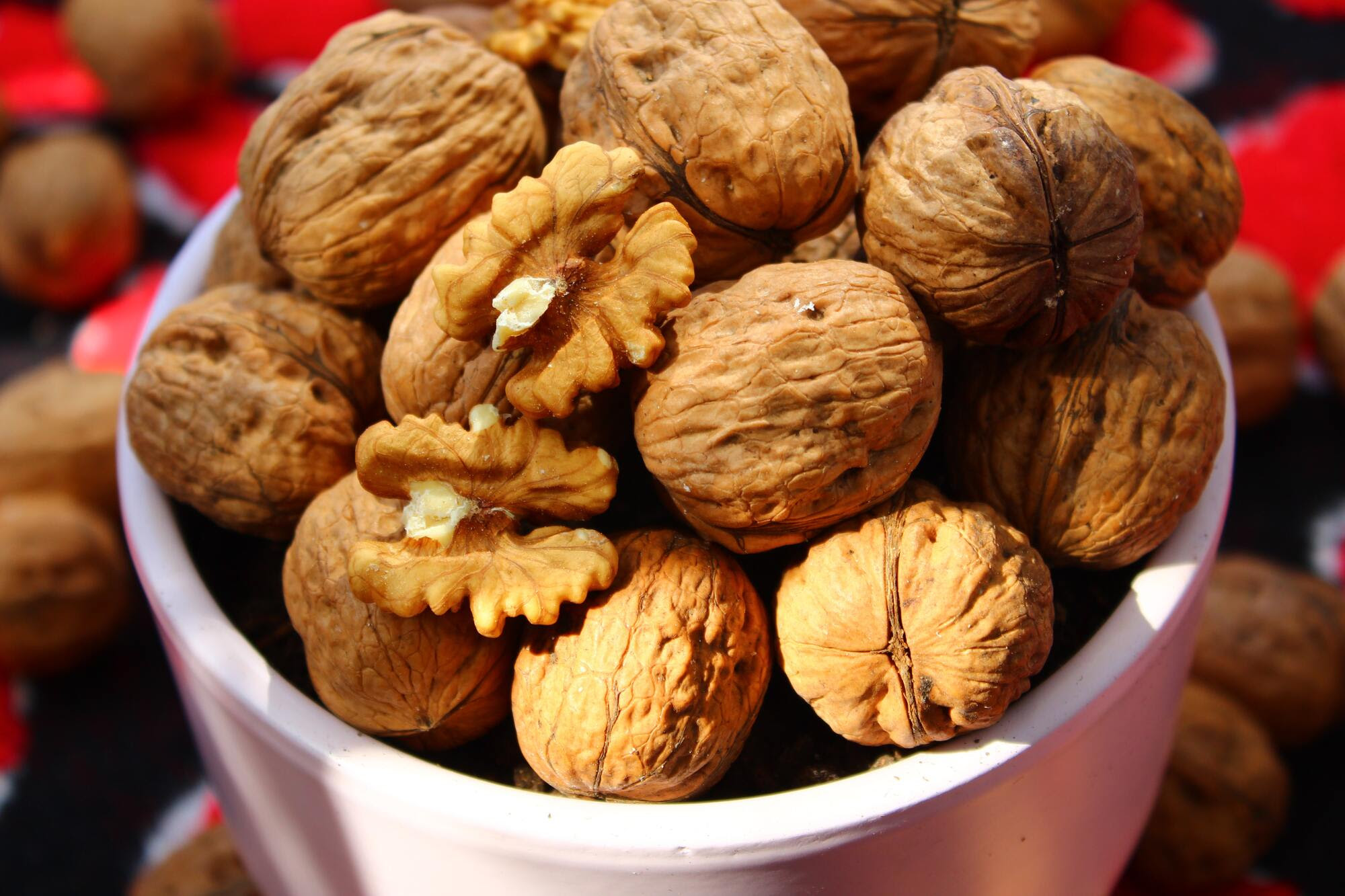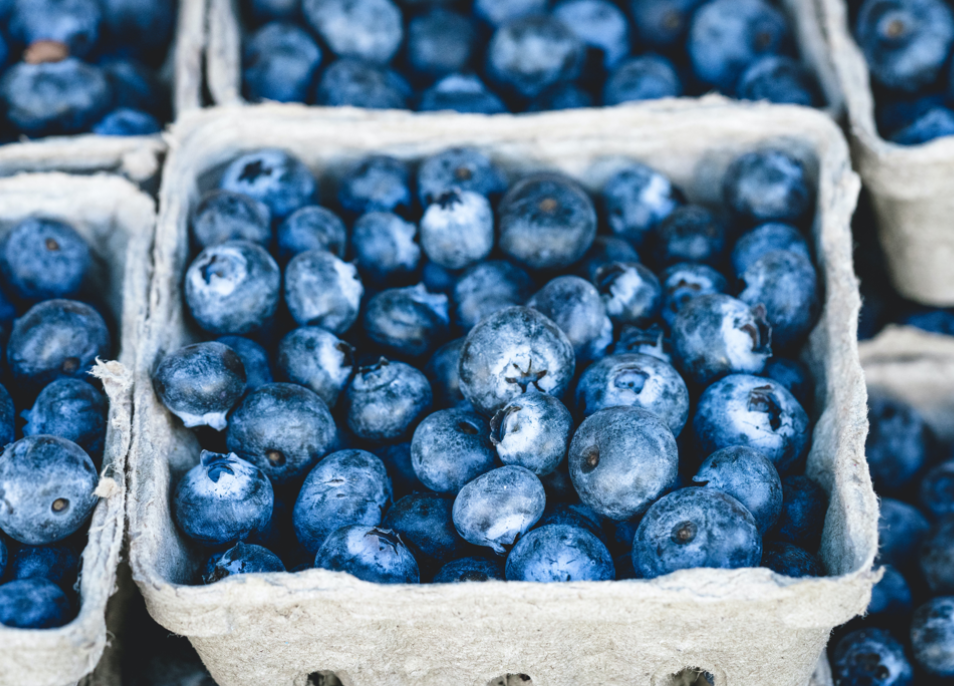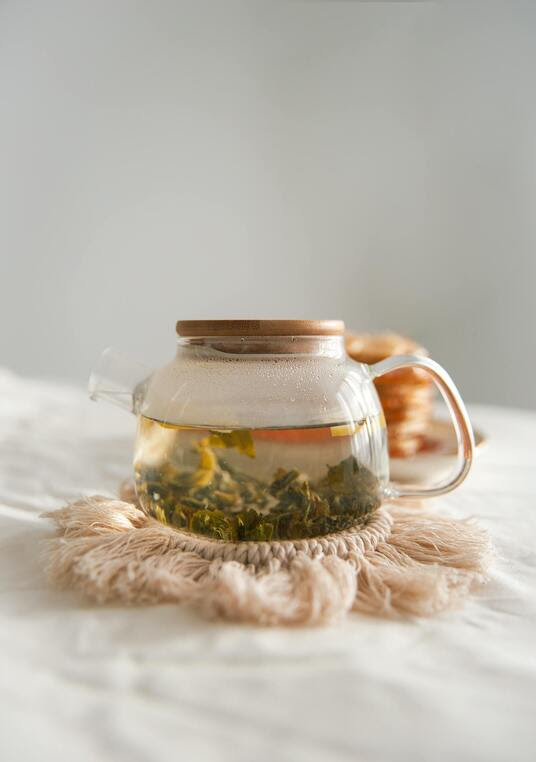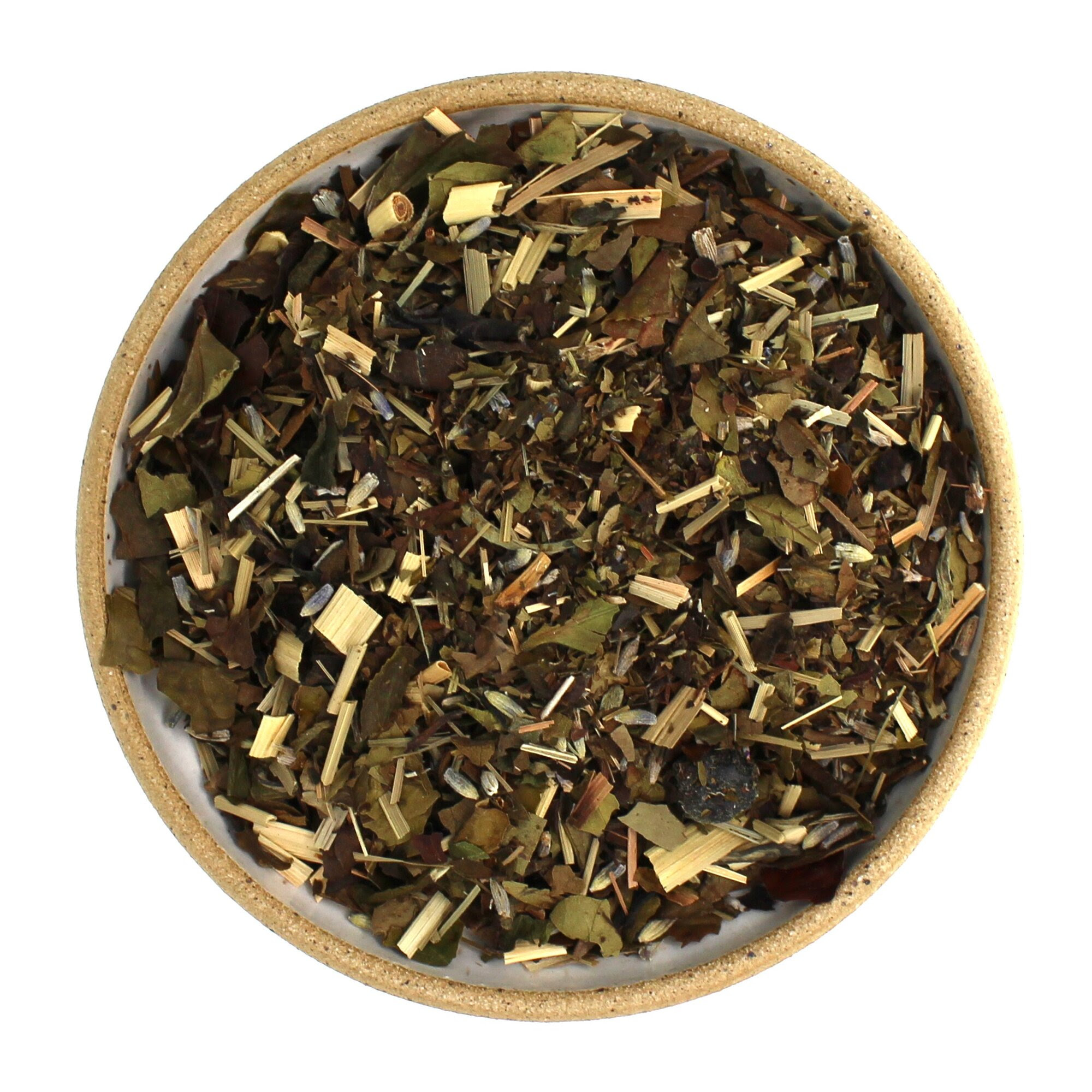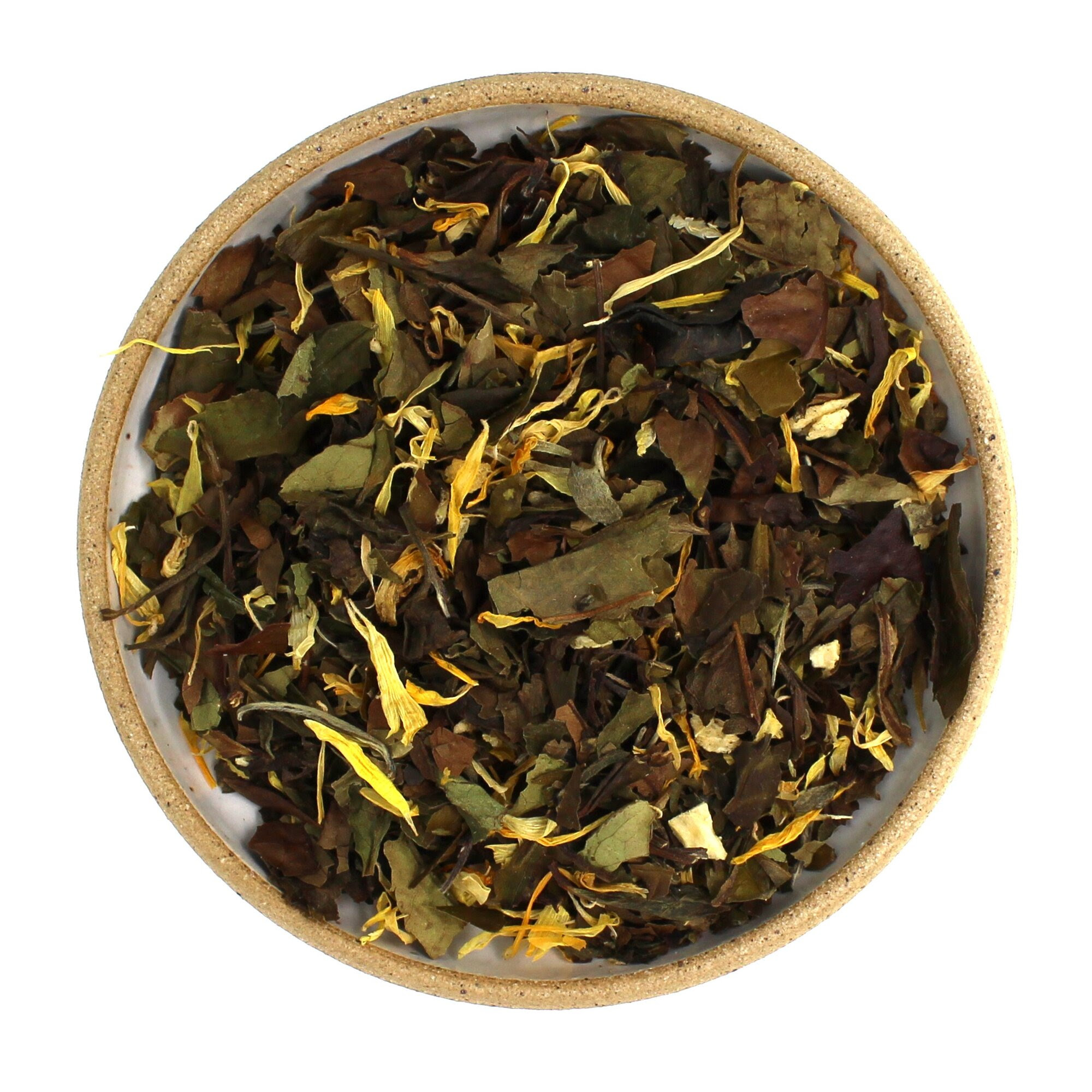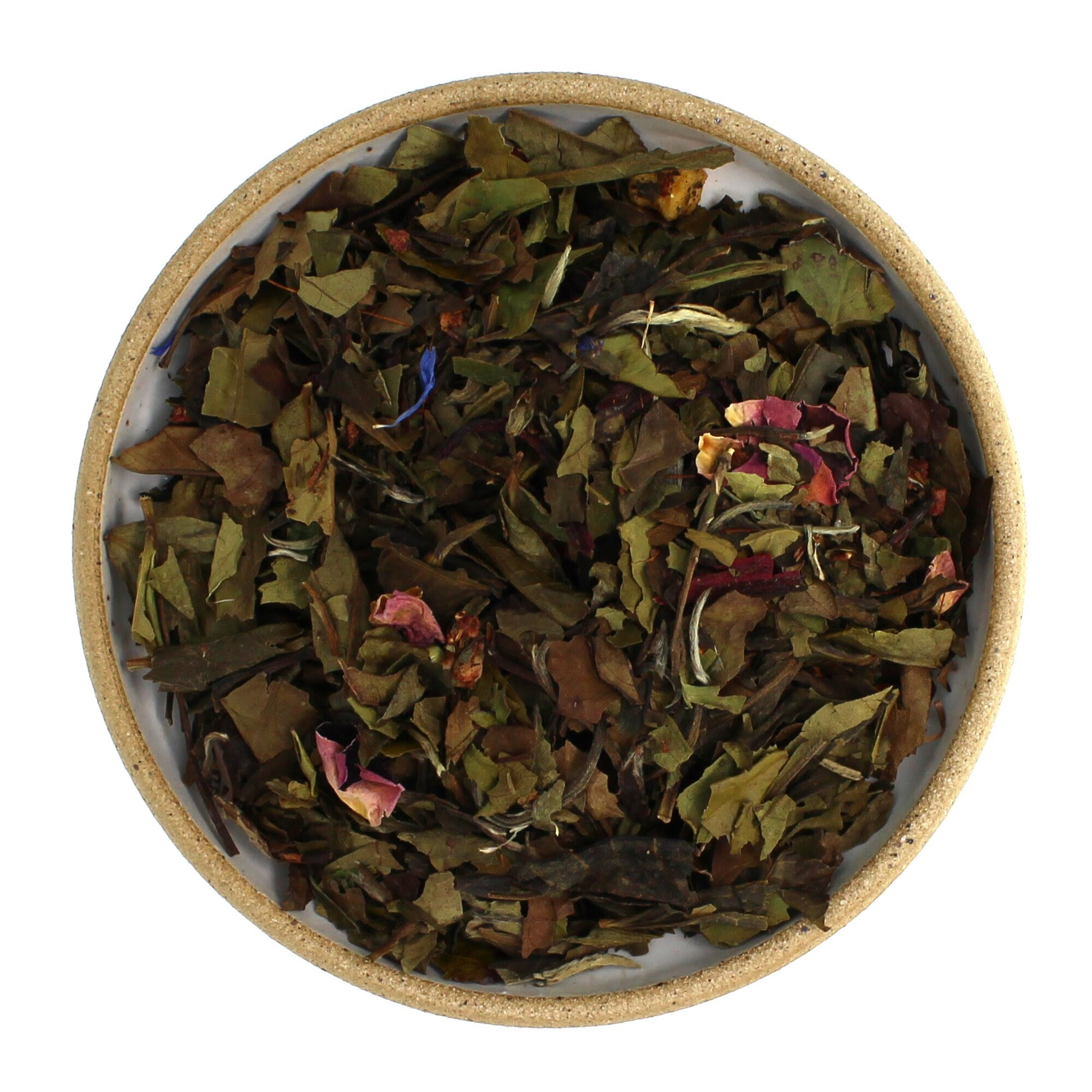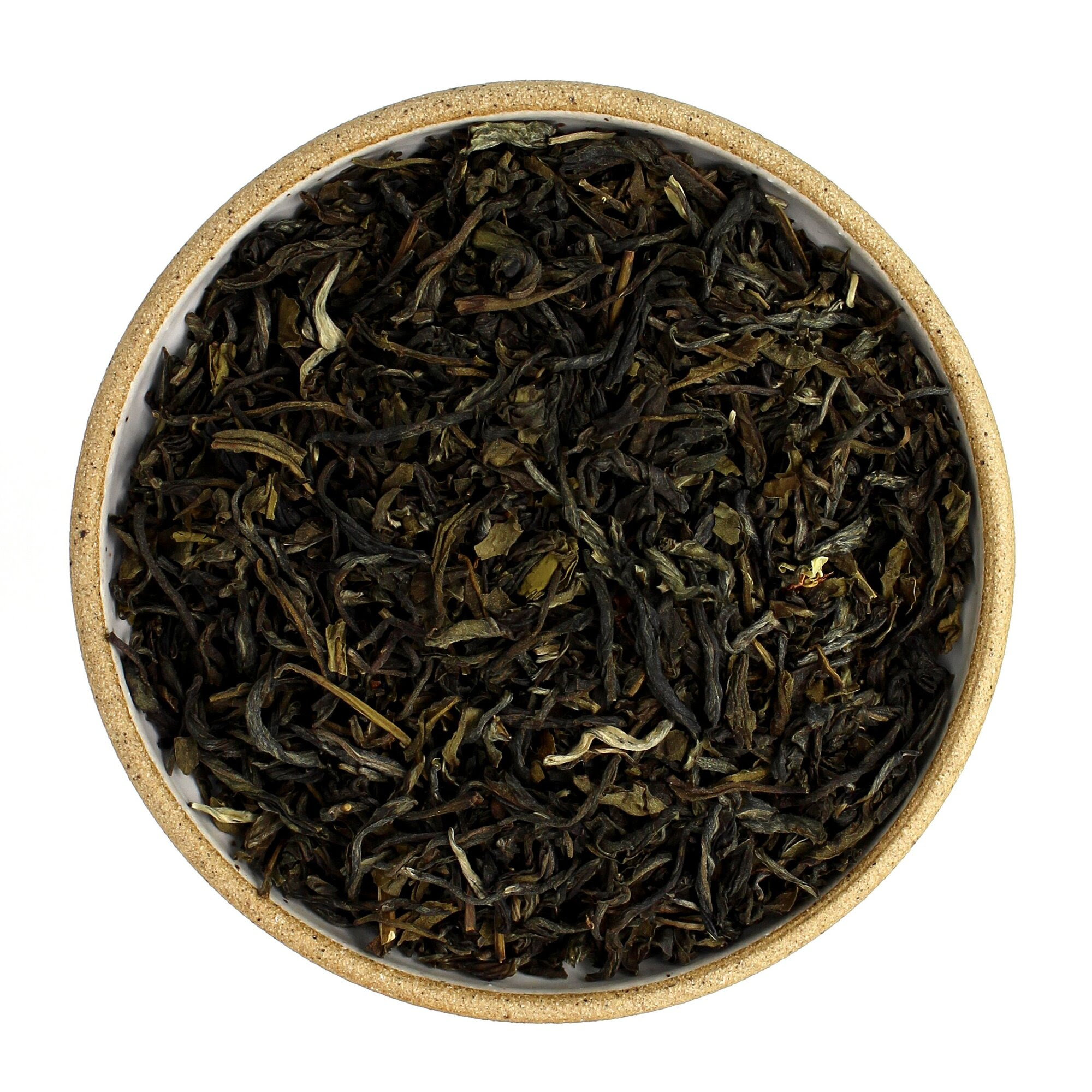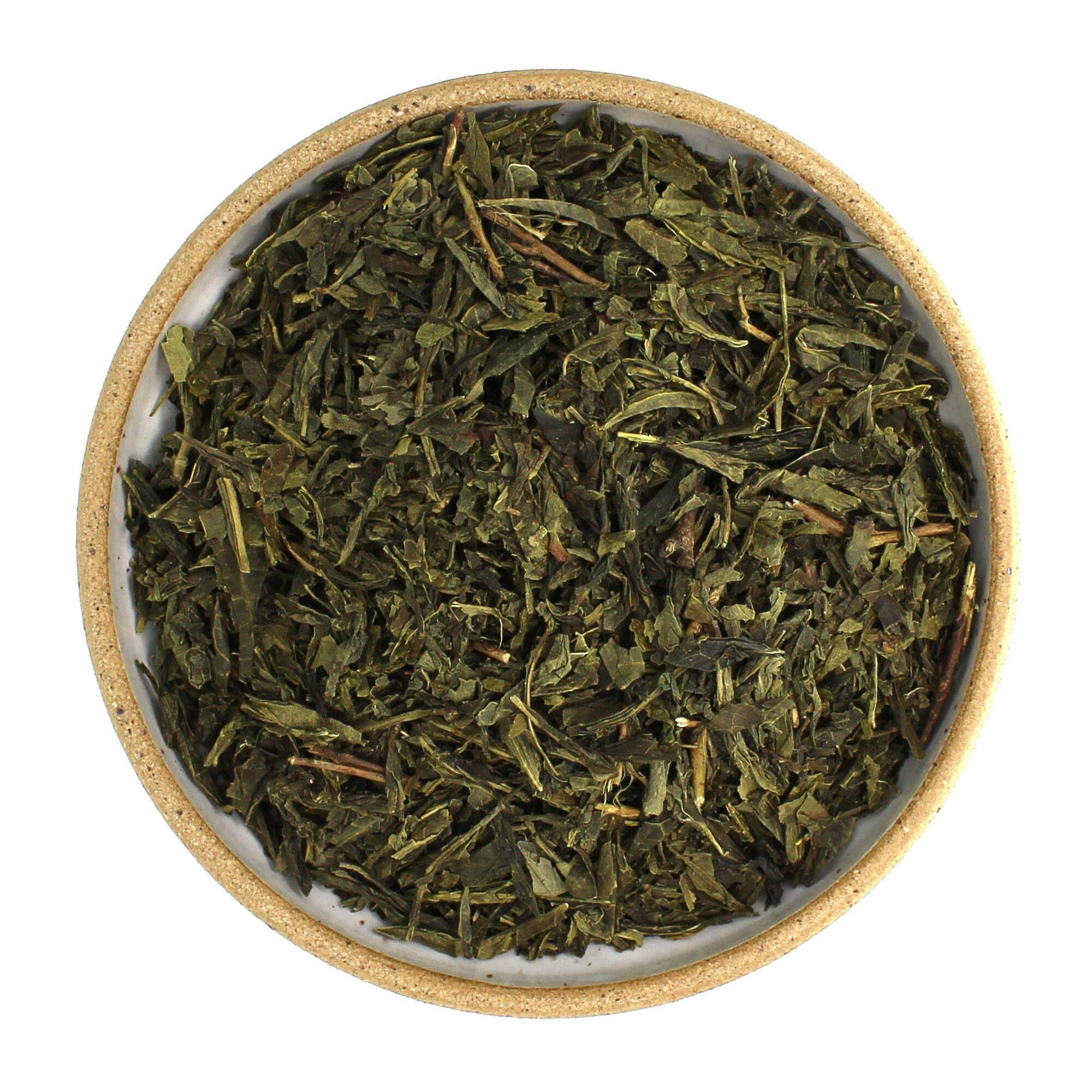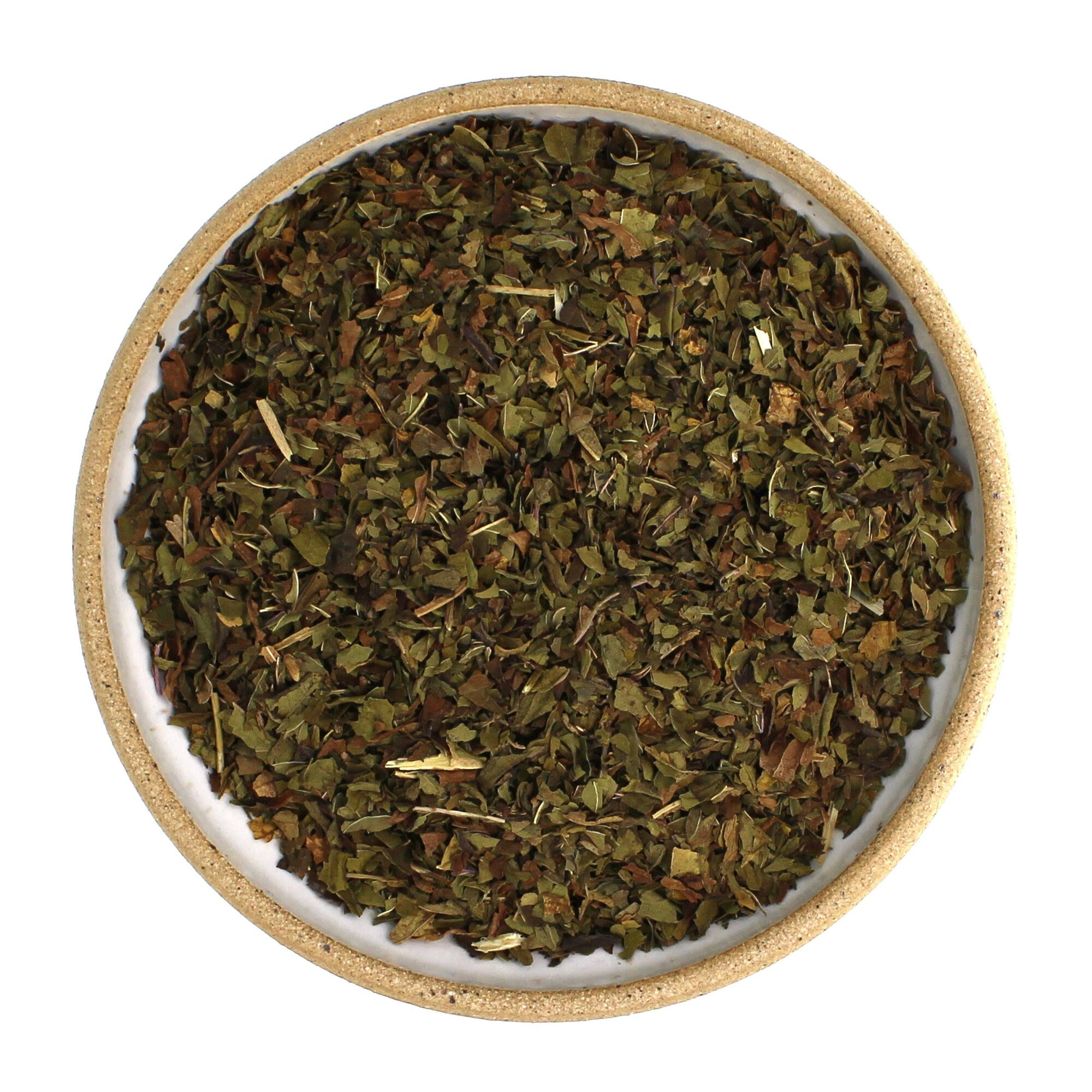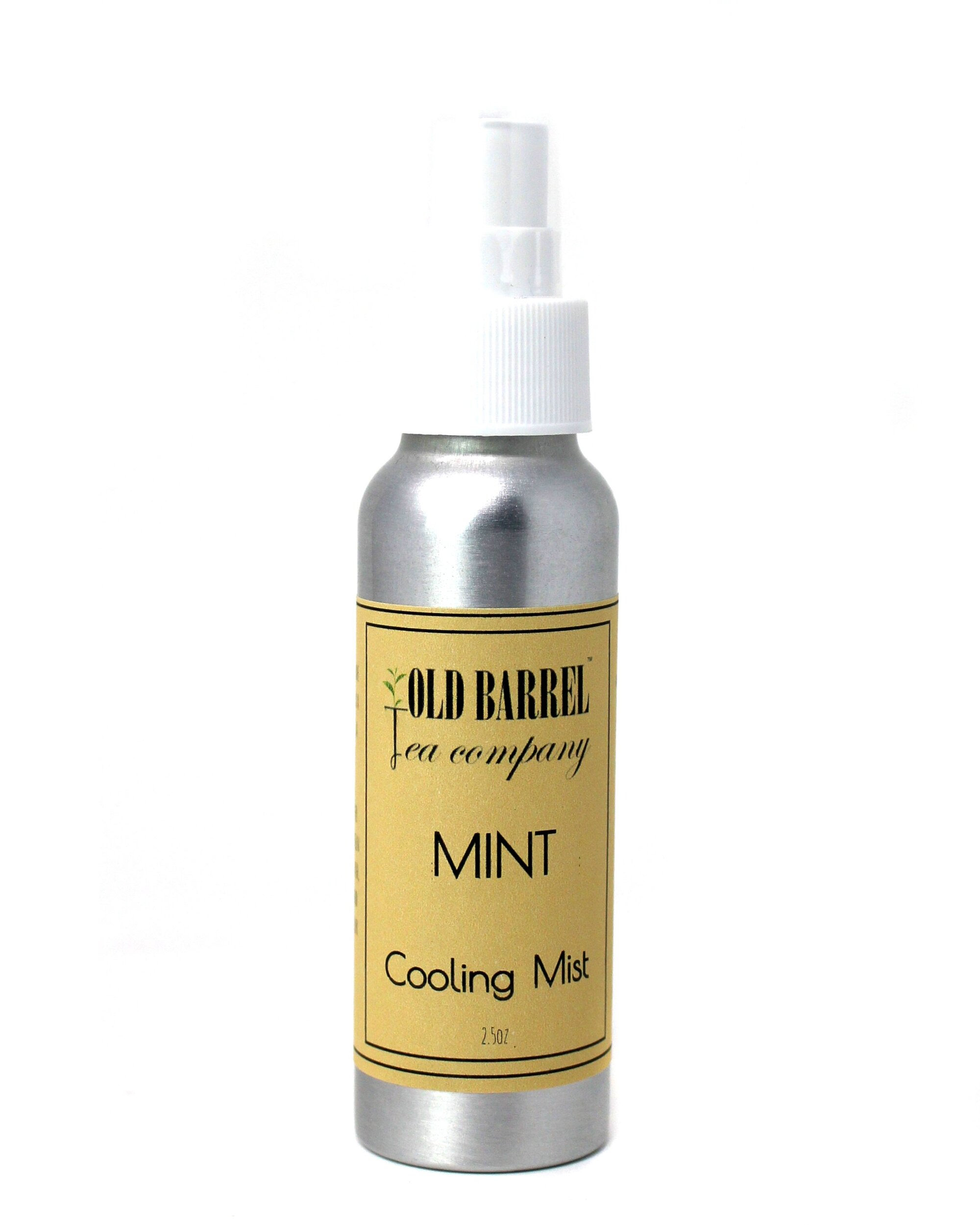
TIPS FOR BOOSTING YOUR BRAIN ✨🧠
Share
SEPTEMBER INTENTIONS:
BOOT YOUR BRAIN HEALTH & LIVE A PREVENTATIVE LIFESTYLE
September is here and little hints of Fall are in the air! This month is a time of year that is incredibly busy and eventful. Whether you are sending the kids back to school, going to school yourself, handling new projects at work or home, or just participating in the abundant activities this Fall, your brain is definitely at work and could probably use some lovin'.
This month we are focusing on boosting brain health and taking steps to live a preventive lifestyle. Having some brain fog or have some issues concentrating? Maybe have a history of brain related disease in your family? You may want to introduce some habits (and maybe take out some) so your brain can perform its best short term and long term.
Grab a cup of GREEN tea, get comfy, and check out our tips to boost your brain health!
⬇︎⬇︎⬇︎
🫐 FEED YOUR BRAIN 🥬
Your brain is the control center of your body, so it is kind of a big deal. Feeding your body (and brain) certain foods can keep your brain in peak condition, and can even improve your memory and concentration.
But FIRST, here's the top 3 foods to avoid to protect your brain and prevent cognitive decline:
⬇︎⬇︎⬇︎
- Sugary drinks like soda, energy drinks, processed fruit juiced sports drinks. An excessive intake of sugary drinks increases the odds of developing type 2 diabetes, which has been shown to increase the risk of Alzheimer’s disease.
- Highly processed foods that are high in sugar, added fats, and salt, like chips, sweets, instant noodles, microwave popcorn, store-bought sauces, and ready-made meals.
- Refined carbohydrates include sugars and highly processed grains, such as white flour, white rice, and pasta. These foods can cause inflammation of the hippocampus, a part of the brain that affects some aspects of memory.
Instead, feed your brain with food rich in nutrients that are whole and healthy.
⬇
SALMON
- Rich in Omega 3
- Helps chronic fatigue
- Promotes better sleep
- Fights Alzheimer's
SPINACH OR DARK LEAFY GREENS
- Rich in Vitamin C and Iron
- Rich in nitrates
- Improves blood flow to the brain and slows cognitive aging
WALNUTS
- Packed with Vitamin E that protects cells against free-radical damage
- Have anti-inflammatory omega-3 fatty acids
- Counteract oxidative stress and inflammation, two drivers of cognitive decline
BLUEBERRIES
- Packed with antioxidants
- Delays brain aging
- Benefit aging neurons, leading to improvements in cell signaling and memory
QUENCH YOUR BRAIN
🍵
For centuries, people all over the world have reaped the health benefits of tea. Green tea and white tea, in particular, contain the highest quantity of polyphenols and catechins. These little miracle workers help prevent cell damage and reduce the formation of free radicals in the body that can trigger numerous human diseases like Alzheimer's and cancer.
According to a recent study by the National University of Singapore, tea drinkers have healthier brains compared to non-tea drinkers. Drinking tea regularly can protect one from age-related cognitive decline, heart disease, and diabetes.
So how often should you drink green or white tea to get the full benefit out of it?
We recommend drinking three 8 oz cups of tea per day.
More on White Tea:
Other white tea benefits include preventing tooth decay, promoting healthy skin and hair, and increased energy and alertness. The main difference between white tea and other teas, like black or oolong, is that it is the least processed. This means it doesn't undergo a long oxidation process, and this allows the tea to keep as many antioxidants as possible! Because white tea is minimally processed, it has a pale yellow hue and a delicate garden-fresh floral flavor. Because of its dainty nature, white tea must be brewed with warm water, not boiling water.
SHOP WHITE TEAS
⬇ ⬇⬇
More on Green Tea:
Green tea contains the amino acid L-theanine, which can work synergistically with caffeine to improve brain function. L-theanine increases the activity of the inhibitory neurotransmitter GABA, which has anti-anxiety effects. It also increases dopamine and the production of alpha waves in the brain. Green tea is slightly more oxidized than white tea, and has a naturally neon green hue. Its flavor is earthy, herbaceous, and vegetal, and when brewed correctly, should never taste bitter.
SHOP GREEN TEAS:
⬇⬇⬇
🧠 EXERCISE YOUR BRAIN 🧠
Did you know that when humans do mentally stimulating activities, or brain gymnastics, new connections between nerve cells form and help the brain generate new cells? This includes doing things like drawing, painting, playing board games, and solving puzzles. Getting physical exercise, eating a healthy diet, avoiding tobacco and alcohol, and building social networks are all ways to build your brain and keep it healthy for the long term. Living a preventative lifestyle like this is linked with preventing and even improving cognitive impairment, like dementia or Alzheimer's.
HERE'S HOW TO EXERCISE YOUR BRAIN ON A DAILY BASIS
⬇︎⬇︎⬇︎
- Download a brain game app to your phone. Luminosity, Cognifit, Sharpbrains, BrainHQ, and others provide free brain games daily that challenge memory, attention, and concentration skills.
- Start a tactile hobby. Hobbies like model building, knitting, clay making, painting, and soap/candle making utilize your procedural memory. These types of activities help you remember and perform a sequence of actions.
- Learn some dance moves. Whether you go to a Zumba class, follow a YouTube video, or just make up your own moves, dancing is a cognitive challenge! It’s tactile, visual, motor, and auditory, and it has the added benefit of improving your cardiovascular system!
🌿 MINTY FRESH 🌿
Did you know that mint is naturally brain boosting too? It enables us to feel lively and awakened, and helps you focus while doing tasks like work or school.
Mint Cooling Mist
We hope you spend September taking care of your brain and establishing daily care-tactics to keep it fresh as a daisy!
Happy tea time!
photo by www.prrints.com

